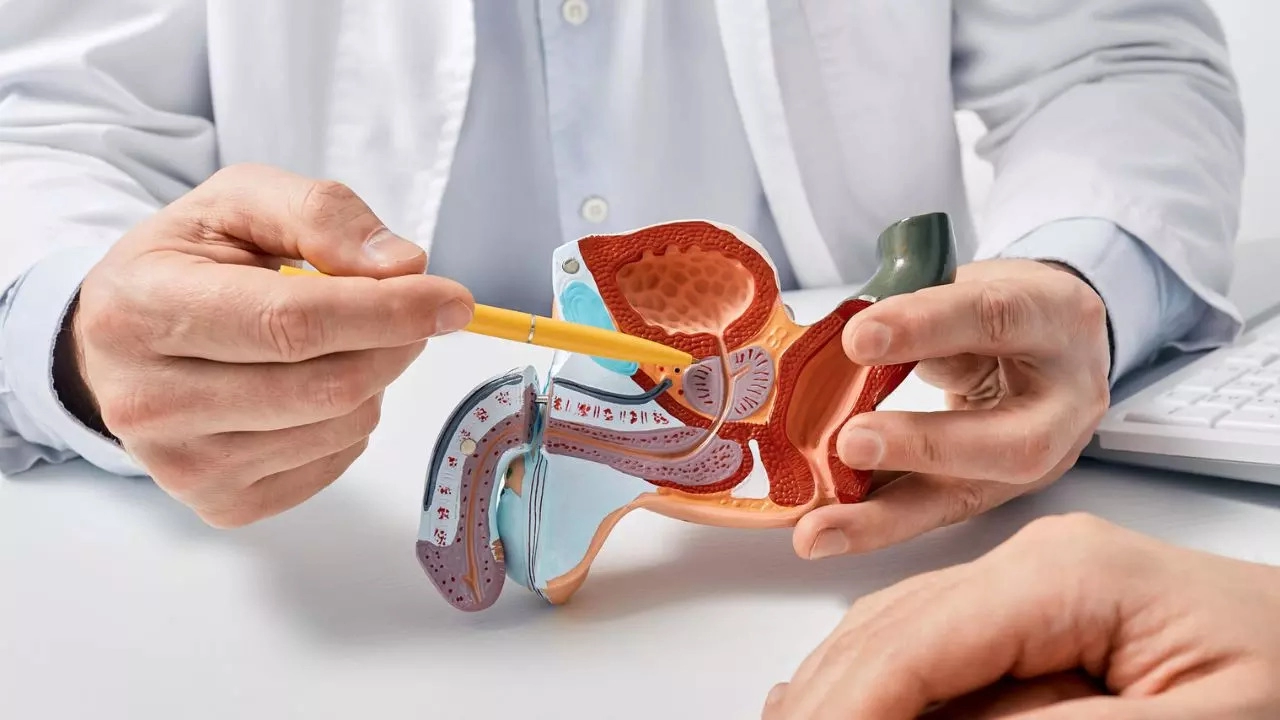Akanksha Arora • 04 Sep 2024
How Can You Lower Your Risk Of Prostate Cancer? Expert Lists Important Do's And Don'ts

How Can You Lower Your Risk Of Prostate Cancer? Expert Lists Important Do's And Don'ts. (Image: iStock)
Prostate cancer is one of the commonly detected cancers in men. To make people aware about the condition, September is considered prostate cancer awareness month. For the unversed, there is no strategy for preventing prostate cancer. This is because most of the risk factors for prostate cancer are not modifiable.
Times Now Digital spoke to Dr Rajesh Kumar Reddy Adapala, Consultant Uro-oncologist, Asian Institute of Uro-oncology and Robotic surgery to understand the risk factors, preventive measures, associated with this condition.
"Age itself is biggest risk factor for prostate cancer. It is primarily a disease of the elderly with more than three quarter of the cases occurring in men above 65 years of age," he said.
He further listed a couple of other risk factors that could lead to this disease.
- Genetic predisposition: Men with a family history have two- to three-fold increase in the risk of prostate cancer
- Race: African-Americans are more predisposed to get prostate cancer when compared with other ethnic groups
- Metabolic syndrome: It is the combination of Obesity, high sugar levels, high blood pressure and excess cholesterol. It is the risk factor for many cancers including prostate.
How to stay protected?
As already discussed, there is no proven way to reduce the risk of prostate cancer. However by following healthy diet and leading healthy lifestyle may reduce the risk of prostate cancer.- Food rich in omega-3 fatty acids i.e wallnut, flax seeds, chia seeds and fish can reduce prostate cancer risk.
- Food rich in anti-oxidants like fresh vegetables with natural colours like tomato, broccoli, carrot and beetroot as well as fresh fruits are found to have have anti-cancerous properties.
- Avoid unhealthy diet such as saturated fats, red meat and grilled meat.
- Maintaining normal body mass index (below 30) by means of diet and exercise can reduce the risk of prostate cancer.
- Healthy habits like exposure to sunlight, vitamin D supplements whenever necessary and avoiding smoking are also recommended to reduce the cancer risk.
- Few medications like Finasteride/ Dutasteride were found to reduce the risk of prostate cancer development. However, it is important to note that these can have side effects and may interfere in PSA values and hamper the early detection of prostate cancer.
Hence the best way forward is to detect prostate cancer in early stages and get the maximum cure possible. As per the recommendations, men should get prostate cancer screening done at the age of 50 years and older. If there is a positive family history, screening is recommended a bit earlier.
Get Latest News Live on Times Now along with Breaking News and Top Headlines from Health and around the world.